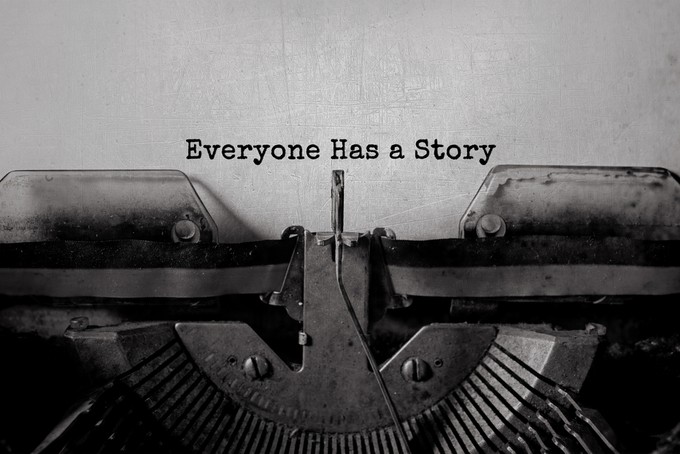One of our very own members of the huunuu team talks us through her experience in dealing with grief while balancing a working life.

When I was expecting my second son, at 7 months pregnant my partner’s father passed away unexpectedly.
He received a call in the middle of the night and told me not to worry. With my eldest in bed, I went back to sleep and woke to a message saying: ‘can you call me when you’re awake’. I realised that my partner hadn’t returned home, but didn’t realise the severity of the situation until he told me over the phone that his dad was dead.
Immediately, I took my son to my family, phoned work on the way to explain what happened. They understood immediately and I said I would phone as soon as I could with an update. I didn’t stop to think about their reactions, only that I needed to get there as soon as I could.
When I arrived, I had to get the information for my partner's work. I didn’t call them on this occasion and sent all the details to my sister. But I thought “how strange, the first thing on his mind was calling work.” His work were incredibly understanding and supportive, being so young they understood the shock he must be experiencing. Only...it got worse because his sister to be admitted to hospital with a rupturing appendix the day afterwards. He got a call about it and ran out at 3am to take her to A&E where she had emergency surgery.

In the weeks that followed, I received 2 weeks compassionate leave (fully paid) to support my partner and his family through the initial grief period, even though the policy is only for close family members. Every other day, I phoned his work to update them and explain that it was unlikely he would be back to work in the near future.
The time came for me to return to work, but I didn’t feel ready to leave him. However, I felt the pressure to return. It wasn’t my father at the end of the day, so I needed to resume life. My boss and colleagues were all very supportive, knowing that I would have to leave at any moment should I need to.
After 6 weeks, the calls to my partner's work were becoming more impatient, the ‘take as much time as you need’ mentality had worn thin. He reluctantly returned...straight into full time rather than being eased in bit by bit.
I remember him coming home absolutely fuming when someone had compared the loss of his Dad with a divorce and saying ‘getting on with it is by far the best tactic.’ But, my partner did get on with it. I don’t think his performance suffered, but his positive attitude towards work was certainly the longest to return.
It was understandably a crazy time, and I went on maternity leave not long after his return. At which, he took 2 weeks paternity leave. With our first, he had 4 weeks as I had a c-section but from having so much time off, he felt he couldn’t take any more. Then the stinger. He wasn’t being paid for the time off, not only had he returned to work against his better judgement he received a pay slip that couldn’t cover our bills, let alone the mounting funeral costs. But of course, it was their policy. A policy I am sure many people don’t check before they begin employment.

Thankfully, we received support from a charity to help us financially for the bills and funeral costs. We were lucky, but I imagine others are not so fortunate.
I think from a partner's perspective, that policies around the death of a loved one should be made adaptable for each person. Grief is different for everyone, the circumstances, the relationship. No one knows how they will react when a loved one passes away. No one also knows the impact it has for the family members supporting the grieving. So a one shoe fits all policy will never work in that situation.
Would you like to share your story about balancing grief and work? Join in the conversation today on our Facebook and Twitter pages.